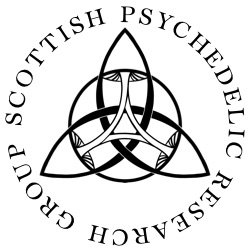Scotland has the highest drug related deaths compared to any other country in Europe. The need to develop novel approaches to treat addiction is of urgency, to address the unmet societal need.
Early research between 1950 and 1960, investigating psychedelics for addiction, suggested positive therapeutic outcomes for LSD in the treatment of alcohol addiction, although follow-up studies were hindered as a result of the 1971 misuse of drugs act, which led to a fall in psychedelic research for addiction.
Marking 50 years since the introduction of the 1971 Misuse of Drug acts, the charity Drug Science, set up by neuropsychopharmacologist Professor David Nutt has recently expressed the urgency to call on the Government to follow an evidence based, scientific drug policy. Drug Science, along with Transform Drug Policy Foundation and other drug policy charities, have called for the support of MPs to tackle the failure of current drug policy.
Members of the Independent Scientific Committee on Drugs found that harm caused by certain drugs does not correlate with the current UK drug classification system. Substances such as LSD, magic mushrooms and ecstasy which are both class A, were found to be the lowest in terms of harm towards the user and harm to others. In contrast, alcohol, heroin and crack cocaine were found to be the most harmful to the user and to others, suggesting a need to reconsider drug classification.

With recent research suggesting the therapeutic benefit of psychedelics for various psychiatric conditions, the need to reschedule to increase research is urgent, to ensure adequate treatment for those in Scotland and England. The Scottish Psychedelic Research Group have launched to address Scotland’s public challenge of addiction and drug related deaths, allowing science and an evidenced based humane approach to addiction which could shape Scotland’s future and reduce drug-related suffering.

